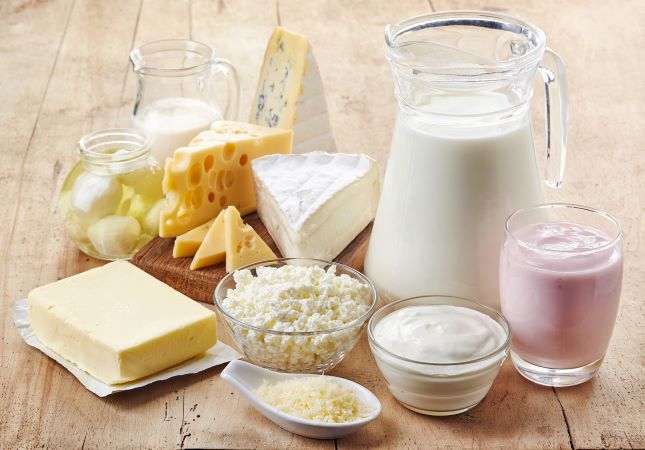10 Nutrition Mistakes We Make Every Day and Why They Will Make You Sick
Blogs By Heidi
- October 9, 2023
Here are some common nutrition mistakes I see my clients making on a daily basis, which are leading to illness. Often, it’s through no fault of their own; they are simply confused about what will nourish their bodies. Much of this has to do with marketing and following fads and trends that never work in the long term.
10 of the most common mistakes I see are below:
- Food Addiction – Processed and refined foods loaded with salt, fat, sugar and gluten are very addictive because they trigger neurons in the brain. They are devoid of any real nutrients and are designed to make us hungry, so we end up eating more than we should, fuelling the addiction, cravings and a loss of self-control.
- Excess Sugar – sugar triggers dopamine in the brain, is highly addictive and its effect on the brain has been likened to cocaine. It weakens our immune system and creates the ideal environment for cancer growth, diabetes, obesity, mental illness, autoimmune conditions and heart disease.
- Gluten – gluten is highly problematic in the human body because it contains toxic and damaging proteins. It is in almost every type of food, including those you least expect, such as gravy and chewing gum. Long term consumption of gluten damages the intestinal lining, weakens the bowel and hinders the absorption of food. There is also evidence to show that autoimmune dysfunction has its roots in gluten consumption.
- Dairy Products – these contain high levels of fat and are extremely difficult for our intestines and liver to process. They are also highly inflammatory and provide an ideal food source for viral and pathogenic activity in the body. Casein in milk has been proven to be carcinogenic (cancer causing) and lactose creates a food source for viruses and pathogens, leading to inflammation, allergies and mucus.
- Meat – even lean cuts of meat are high in saturated fat and place a burden on the liver. Meat also strips the gut of hydrochloric acid, an essential stomach acid that helps to break down, digest and absorb nutrients. Long term studies on the intake of animal protein show detrimental effects to health and stress on the kidneys and bones.
i

6. Low Carbohydrate Diets – low carb diets have been a huge trend in recent years, but they simply don’t work. Carbs are normally the main source of sugar in the bloodstream and therefore our primary source of fuel. Things start to go haywire when we limit our intake. Adrenaline spikes to meet the demands of our busy schedule, and when this happens, we stop burning fat, become edgy, irritable, may not sleep well and eventually we’ll crave salty or sweet carb-dense foods.
7. Alcohol – this is a carcinogen that causes a wide range of health conditions and chronic disease. It’s a neurotoxin that poisons our organs, disrupts our hormones and is strongly linked to liver disease, breast cancer, and a reduction in lifespan. It’s full of empty calories, and the more we drink, the fatter we get.
8. Coffee – coffee is the most popular drink in the world – and the most addictive. It’s very high in caffeine, extremely dehydrating to the body and strips away vital stores of Vitamin B, iron and zinc. It’s also a liver loader, raises blood pressure and can lead to obesity because it stimulates cortisol, leading to deadly fat storage around the organs in the abdomen.
9. Fear of Fruit – recently there has been an incorrect, and damaging theory that fruit is bad for us. Fruit actually strengthens the immune system and supercharges the healing process. It is crucial for the brain, liver and other organs. Not eating fruit is a huge mistake and will have tragic consequences for our health.
10. Dehydration – lack of water intake is one of the biggest mistakes we can make, and one of the easiest to fix. A chronically dehydrated body can’t perform anywhere near its potential and can create serious health issues in the short and long term.
The first step to changing how we eat is awareness. Once we know what to avoid we can start making better choices. Onlly then can our bodies heal and recover and function optimally as they are designed to.
